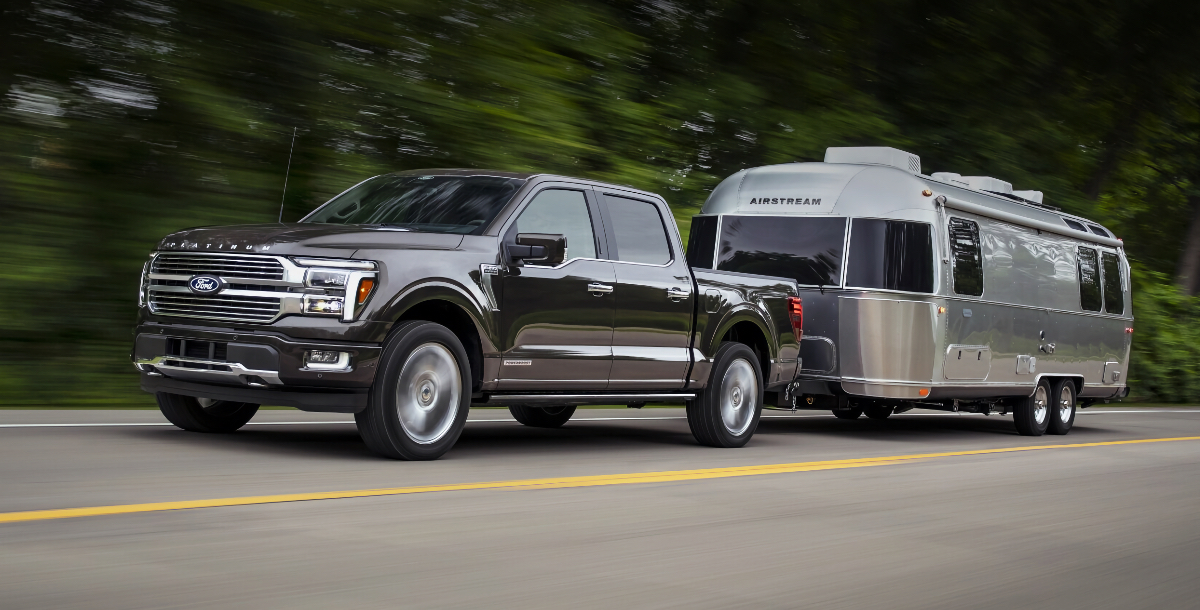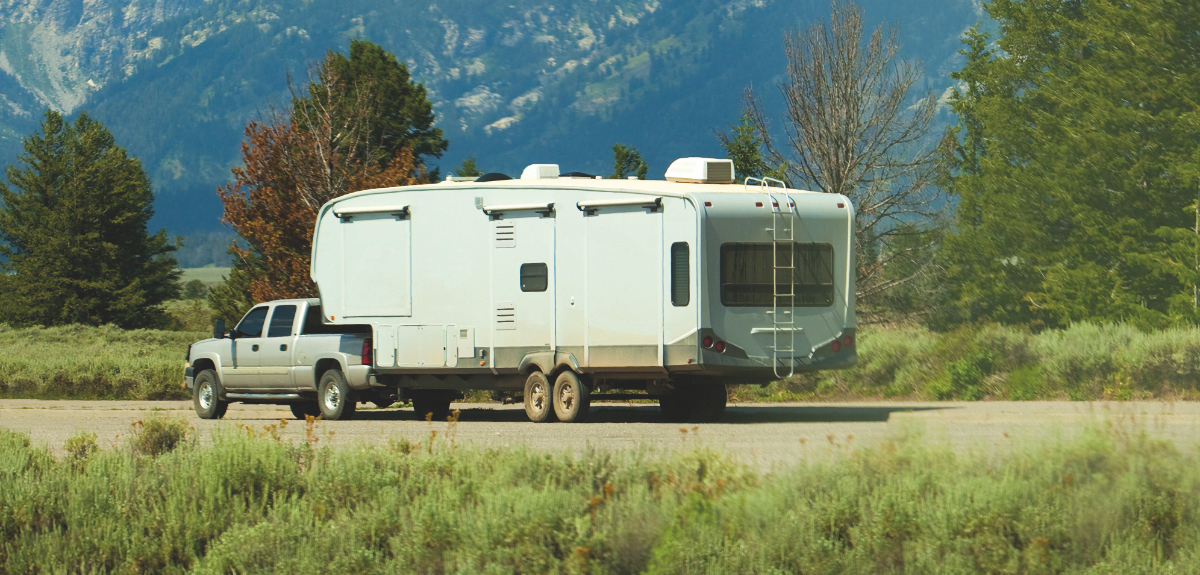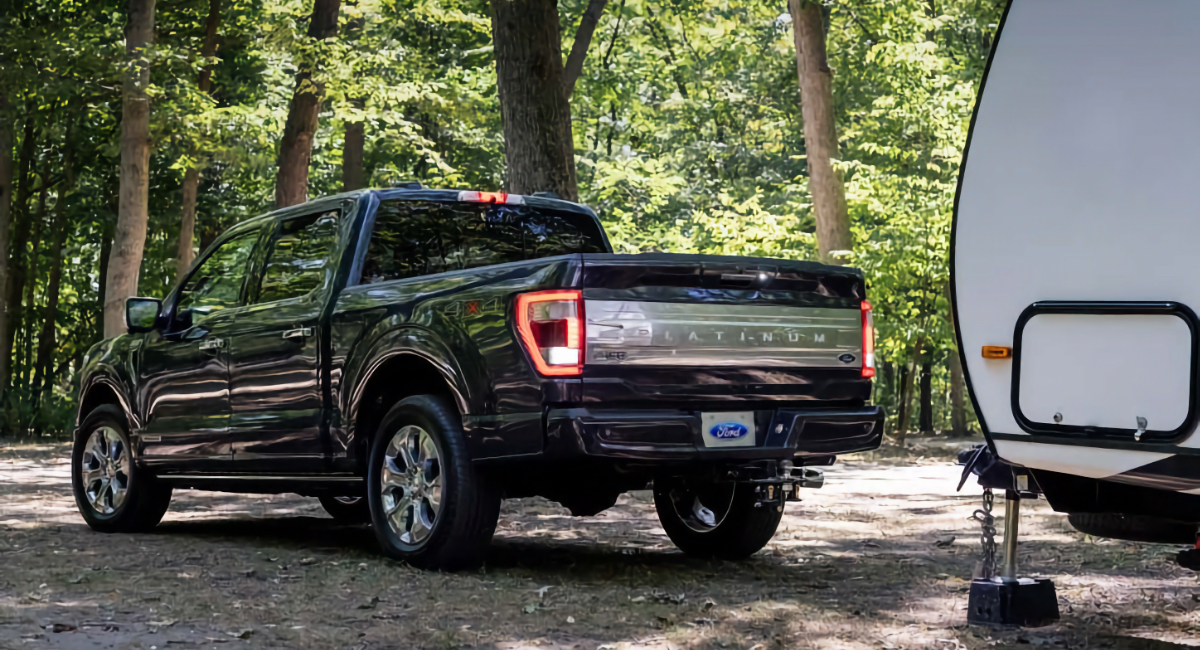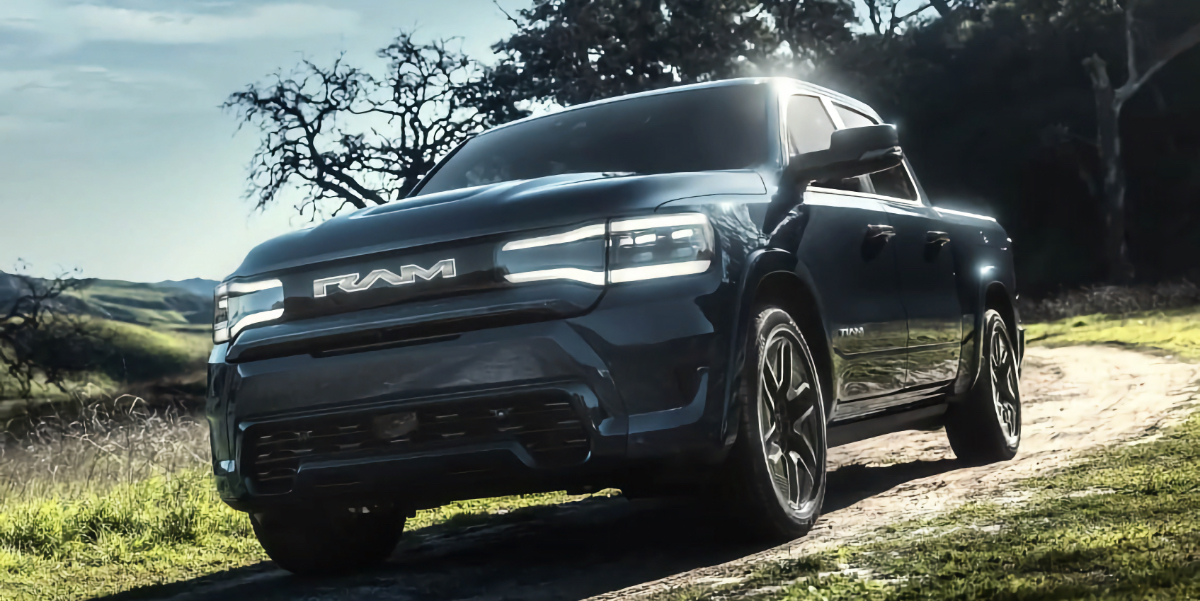How to Choose the Right Tow Vehicle and Trailer
Make a match with your tow vehicle and trailer for safe and enjoyable towing.
Image Caption:
Whether you’re just now entering the RV lifestyle or are already a seasoned veteran, selecting a trailer and tow vehicle and making a proper match between them can be a challenge. After all, there are many choices in travel trailers and fifth-wheels, and also in tow vehicles that run the gamut from small SUVs to diesel-powered, heavy-duty trucks. What’s the best way to pair the right truck and trailer?
Own a Tow Vehicle?
If you already own a vehicle that’s suitable for towing, the first thing to do is to determine the vehicle’s tow rating based on equipment and options. Once you’ve established the tow rating, you can begin shopping for a trailer. Whether you’re looking at travel trailers or fifth-wheels, the most important consideration is how much it weighs.
All trailers should have labels that display the gross vehicle weight rating (GVWR) and the cargo carrying capacity (CCC). Since it’s highly unlikely that you’ll be able to weigh the trailer before purchase, your best bet is to use the labels, and especially the yellow CCC label as your guide.
If the trailer’s GVWR is within the vehicle’s maximum tow rating, you can be confident that you’ll be in compliance as long as you don’t overload the trailer. Remember that fuel weight is included in the CCC calculation, but water (in the freshwater tank and the water heater) is considered cargo. The label should tell you the weight of the water the unit can carry, but if not, simply add the capacity of the freshwater tank and water heater and multiply the sum by 8.33 (pounds per gallon).
The other consideration is the tow vehicle’s payload rating (GVWR minus vehicle curb weight), which is the maximum allowable weight for both cargo and passengers. You can find the payload capacity of the vehicle on the Tire and Loading Information decal inside the doorjamb or edge of the driver’s door.
Consider that a travel trailer places around 10 percent of its weight on the vehicle’s hitch, while a fifth-wheel will put around 20 percent of its weight in the bed of the truck (known as pin weight). Calculate that figure for the tow rig (based on potential loading, water-tank size/placement, propane, and battery weights), including passengers and typical cargo, and make sure the payload rating isn’t exceeded.
The gross axle weight rating (GAWR), the maximum weight the axle is designed to carry, must also be considered when matching a tow vehicle to the trailer. Keeping tabs on the rear-axle weight and payload is important because adding a lot of heavy cargo in the back of the tow vehicle can create rear-axle overloading.
With a fifth-wheel, GAWR and payload ratings are a greater concern, especially with larger fifth-wheels, simply because the truck shoulders more weight. When towing a travel trailer, you can effectively reduce hitch weight with the use of a weight-distributing hitch, although you still need to keep an eye on the hitch receiver’s load rating. If the trailer you’re considering won’t violate the tow rating, payload, GAWR or GVWR of the tow vehicle, you’re good to go.
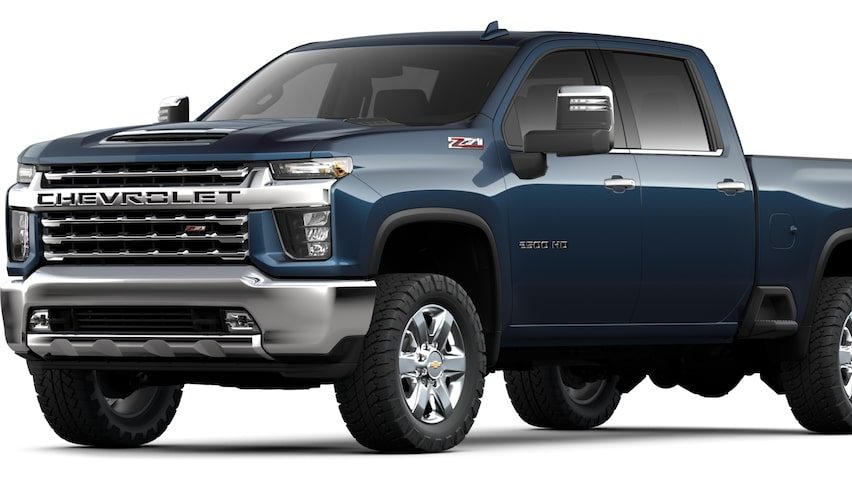
When shopping for a tow vehicle, trailer weight should be number one. Opt for the towing package if one is available (Image General Motors).
Found Your Dream Trailer?
Purchasing the trailer first gives you the freedom to get everything you want without worrying about how much it weighs — for the most part. Before you sign on the dotted line, however, it’s important to take into consideration what tow vehicle you’ll need to pull that new trailer. Think about the kind of tow vehicle you can afford and would be happy driving before making your final decision.
Naturally, the tow rating of the vehicle you’re considering should be the primary selection factor. If the new trailer has a GVWR of 20,000 pounds, you’ll want a vehicle that can tow at least that much.
When you find a capable tow vehicle, and it has an optional towing package—get it. It’s usually not a lot more money, and it includes equipment that will make the tow vehicle more capable of handling the weight. Towing packages vary, so be sure to ask what it includes. Many of today’s tow rigs come factory equipped with towing hardware so it may already be in place.
Newer tow vehicles, especially with heavy-duty designations, often have useful options (cameras, guidance systems) that make towing easier and safer. If you’re shopping for a truck that can tow a fifth-wheel, you might consider one that is fifth-wheel prepped with a puck mounting system in the bed, which allows you to easily install and remove the hitch in minutes. The puck system is an industry-standard that allows you to choose between a wide variety of hitch models.
No Tow Vehicle or Trailer? No Problem!
Unlike the previous scenarios, the first consideration here should be your budget and how you want to allocate it. From a practical standpoint, you will probably spend a lot more time in the tow vehicle than the trailer, and it will be doing all the work, so it makes sense to get what you really want and need.
Matching an RV to a tow vehicle can be easy. All it takes is a little homework before hitting the showroom.

